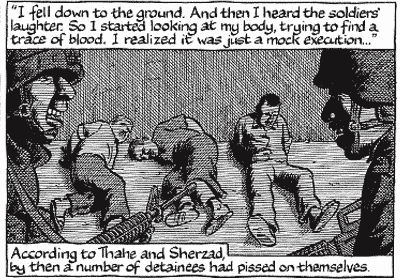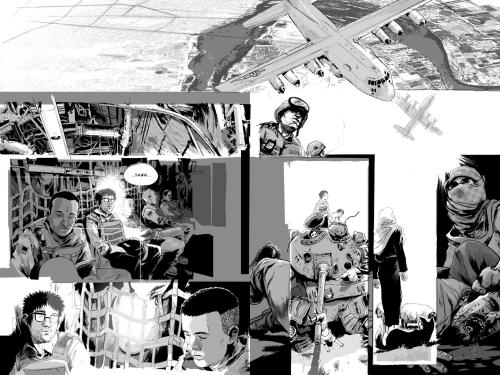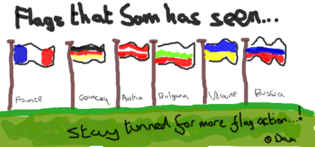 'The Gathering', by Anne Enright, ends with a fall, but it is not a fall from grace but rather a fall back to earth. The beautiful, rich and austere novel which Enright has written concerns Veronica Hegarty and her chaotic, dysfunctional family, and more precisely the violent, destabilising jolt which history can inflict when tragedy strikes.
'The Gathering', by Anne Enright, ends with a fall, but it is not a fall from grace but rather a fall back to earth. The beautiful, rich and austere novel which Enright has written concerns Veronica Hegarty and her chaotic, dysfunctional family, and more precisely the violent, destabilising jolt which history can inflict when tragedy strikes.
Veronica's beloved and wayward brother, long lost to alcoholism, is lost finally when he, pockets heaving with pebbles, walks into the English channel at Brighton and drowns himself. This sudden loss deprives his sister not just of a brother, but of the protective skein of obscured memories with which she has shielded herself from the painful reality of their shared childhood. She tells her mother that Liam is dead, and 'Mammy', mother of twelve, slaps her in her grief. But history smacks her harder, blowing her up into the air and alienating her from herself, her family, and even her children.
'The Gathering' is an intense, short book which broods on Ireland's past and present and explores vividly, and bitterly, the threads of love, sex and marriage. Sex particularly is at the centre of everything; the book is full of purposeful, joyless fucking, sex which is temporary and functional, the fulfillment of needs, physical and emotional. Enright writes, "I was suddenly certain of many things. Including the fact that people fucked, that was one of the things that they did: men fucked women -it did not happen the other way around - and this surprising mechanism was to change, not just my future, which was narrowing even as I looked at it, but also the wide and finished world of my past".
Perhaps unsurprisingly, given that the roots of Liam's alcoholism can be traced back, the narrator says, plausibly, to child abuse, Veronica finds in the aftermath of her brother's death that love and sex are separated, perhaps irretrievably. "Tom had sex with me the night of the wake - as if Liam's death had blown all the cobwebs away ... He was getting back to basics: telling me he loved me, telling me that my brother might be dead but that he was very much alive. Exercising his right. I love my husband, but I lay there with one leg on either side of his dancing, country-boy hips and I did not feel alive. I felt like a chicken when it is quartered".
There are other factors, too, other things that consolidate this sense of separation. "There were girls at school", Veronica says, "whose families grew to a robust five or six. There were girls with seven or eight - which was thought a little enthusiastic - and then there were the pathetic ones like me, who had parents who were just helpless to it, and bred as naturally as they might shit."
As the family come together to pay their respects, Enright finds herself drifting in and out of events, at one moment at the centre of a drunken reunion at the next slipping away and wondering absently through old bedrooms, searching for evidence of a past which seems unreliable and threatening. All the while, it is the notion of love to which she returns.
"There are so few people given us to love. I want to tell my daughters this, that each time you fall in love it is important, even at nineteen. Especially at nineteen. And if you can, at nineteen, count the people you love on one hand, you will not, at forty, have run out of fingers on the other. There are so few people given us to love and they all stick."
Central in her thoughts are a love affair gone wrong, that of her grandmother Ada and her husband's friend (and later landlord), Lamb Nugent, who is powerless in her presence and a bystander in their lives. Ada calls him 'Nolly May Tangerine', an echo of the latin 'Noli Me Tangere', which means 'Do Not Touch Me'. Yet Nugent exerts his power elsewhere, hidden in the mist of Veronica's memory, with calamitous implications.
The wonder of this profoundly depressing, bleak novel is that it contains regular moments of stylistic joy – beautiful, insightful passages which counterpoint the unflinching intensity of the subject matter. It is a book simultaneously light and dark, and it's a terrific, powerful read.































 RSS Feed
RSS Feed